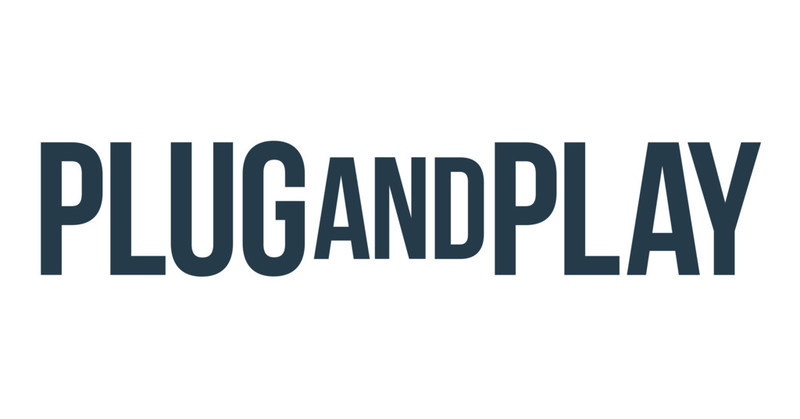Summary:
11 out of 14 original Llama paper authors have left Meta, with many joining Mistral
Meta's AI strategy is under pressure from faster-moving open-source rivals
The company has delayed its flagship AI model, Behemoth, due to performance concerns
Joelle Pineau, head of Meta's FAIR group, has stepped down after eight years
Meta lacks a dedicated "reasoning" model, a gap competitors are exploiting
Meta's AI Talent Drain: A Closer Look
Meta's open-source Llama models were once the cornerstone of its AI strategy. However, the team behind these groundbreaking models has largely moved on. Out of the 14 original authors of the 2023 Llama paper, only three remain at Meta. The rest have departed, with many joining or founding competing AI startups.
The Rise of Mistral
Mistral, a Paris-based AI startup, has emerged as a major beneficiary of Meta's talent exodus. Co-founded by former Meta researchers Guillaume Lample and Timothée Lacroix, Mistral now boasts five of Llama's original creators. This brain drain raises serious questions about Meta's ability to retain top AI talent.
Challenges for Meta
Meta's AI strategy is under pressure from faster-moving open-source rivals like Mistral, DeepSeek, and Qwen. The company has delayed its flagship AI model, Behemoth, due to internal concerns about its performance and leadership. Additionally, Llama 4, Meta's latest release, has received a lukewarm reception from developers.
Leadership Shake-Up
The departure of Joelle Pineau, who led Meta's Fundamental AI Research group (FAIR) for eight years, marks another significant loss. She will be replaced by Robert Fergus, a co-founder of FAIR who recently rejoined Meta after five years at Google's DeepMind.
The Open-Source Advantage
Meta's 2023 Llama paper was a milestone in legitimizing open-weight large language models. These models, with freely available code and parameters, offered a viable alternative to proprietary systems like OpenAI's GPT-3 and Google's PaLM. However, Meta's early lead in this space has slipped as rivals innovate more rapidly.
The Road Ahead
Meta's inability to retain its top AI talent and keep pace with open-source innovation poses significant challenges. The company lacks a dedicated "reasoning" model, a gap that has become more noticeable as competitors like Google and OpenAI prioritize these features.
Where Did They Go?
Here’s a snapshot of where Meta's former Llama researchers have landed:
- Naman Goyal: Member of Technical Staff at Thinking Machines Lab
- Baptiste Rozière: AI Scientist at Mistral
- Aurélien Rodriguez: Director, Foundation Model Training at Cohere
- Eric Hambro: Member of Technical Staff at Anthropic
- Timothée Lacroix: Co-founder and CTO at Mistral
- Marie-Anne Lachaux: Founding Member and AI Research Engineer at Mistral
- Thibaut Lavril: AI Research Engineer at Mistral
- Armand Joulin: Distinguished Scientist at Google DeepMind
- Gautier Izacard: Technical Staff at Microsoft AI
- Edouard Grave: Research Scientist at Kyutai
- Guillaume Lample: Co-founder and Chief Scientist at Mistral








Comments